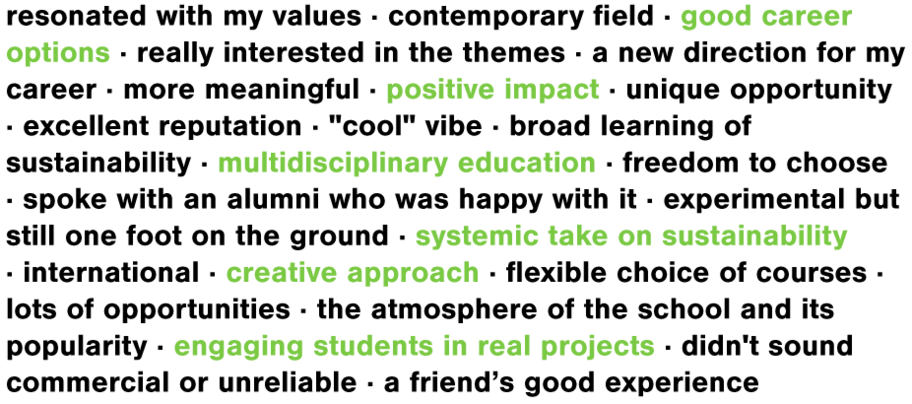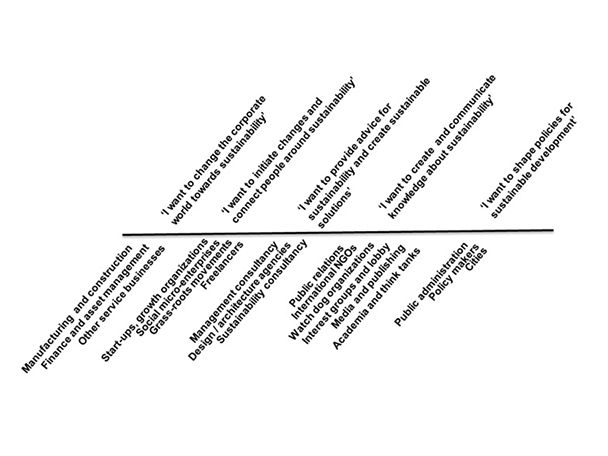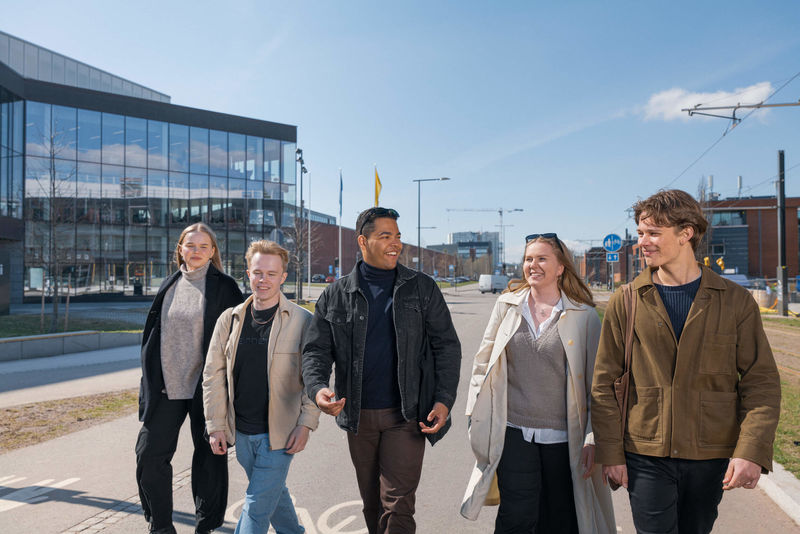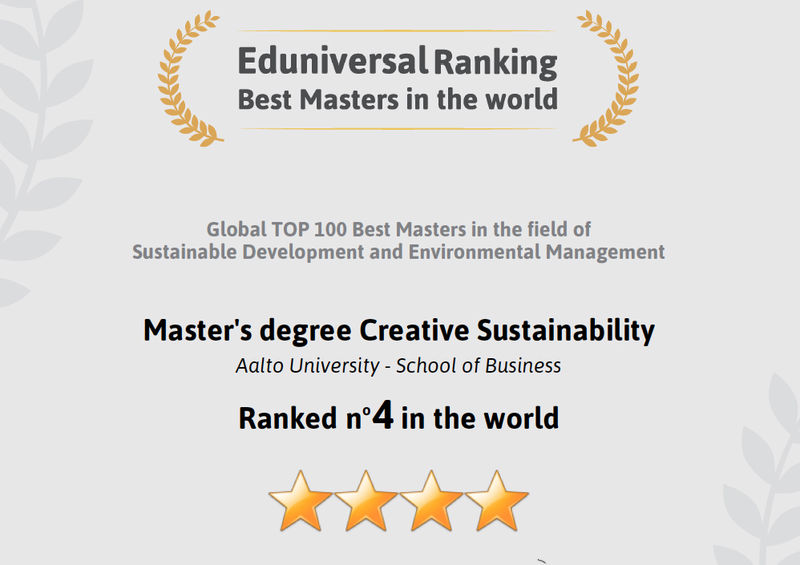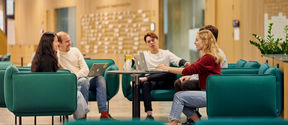Description
The Master’s Programme in Creative Sustainability (CS) provides an interdisciplinary learning platform in the fields of business, design, and materials and chemical engineering. For students in business, the CS programme builds the skills and knowledge to promote sustainable development through business. The linkages between business and sustainability are highly important in contemporary organizations, whether one wishes to be a sustainability specialist in business, or a management professional operating in some other field.
Complex sustainability challenges, such as the climate crisis, the loss of biodiversity, poverty, and inequality, call for new mindsets and skills. These mindsets should incorporate a systems-based view of the planet and the ability to work with professionals from different fields and cultures. Sustainability challenges require critical insight and multi-level collaboration that involve a wide range of stakeholders with often competing interests and values. The CS programme prepares students to respond to these challenges through engagement in its international, inclusive, and diverse learning environment.
The CS programme brings together students who are devoted to developing systemic solutions, working in interdisciplinary teams, and challenging themselves with practical learning tasks. Creativity in the programme denotes a focus on fresh, holistic, and emerging innovations and far-reaching alternative and, regenerative futures. The studies include state-of-the-art knowledge about the interlinked environmental, economic, and socio-cultural aspects of sustainability coupled with learning in practical projects conducted together with partner organizations.
The Creative Sustainability programme is organized jointly by the School of Business, the School of Arts, Design and Architecture and the School of Chemical Engineering. Students who enter the programme via the School of Business graduate with a Master of Science (Economics and Business Administration) degree.
Intended learning outcomes:
- Systems thinking: Students are able to use systems thinking to create new holistic and critical understandings of complex sustainability challenges and socio-ecological relations.
- Interdisciplinary competences: Students are able to work in diverse teams with experts and stakeholders; to combine knowledge, skills and values from different disciplines and domains in society; and to co-create innovative solutions for real-life challenges.
- Change-making: Students develop a change-maker mindset, and are able to generate action-oriented strategies, make interventions and promote transformations towards ecologically, economically and socially sustainable futures.
- Sustainability in materials use: Students understand the constraints on the use of natural resources, the principles and limits of resource-efficiency, circular economy and innovation for new sustainable materials, and are able to use analytical tools for sustainable materials use and sustainable consumption.
- Design thinking: Students recognise tools and methods to support creativity and imagination, and are able to facilitate dialogue, empathy and collaboration in creative processes.
- Sustainability management: Students are able to develop, speak for and manage sustainability initiatives in businesses and other organizations, are able to work proactively to promote sustainable development through responsible business, and recognise the capacities of public policy in promoting sustainability.








